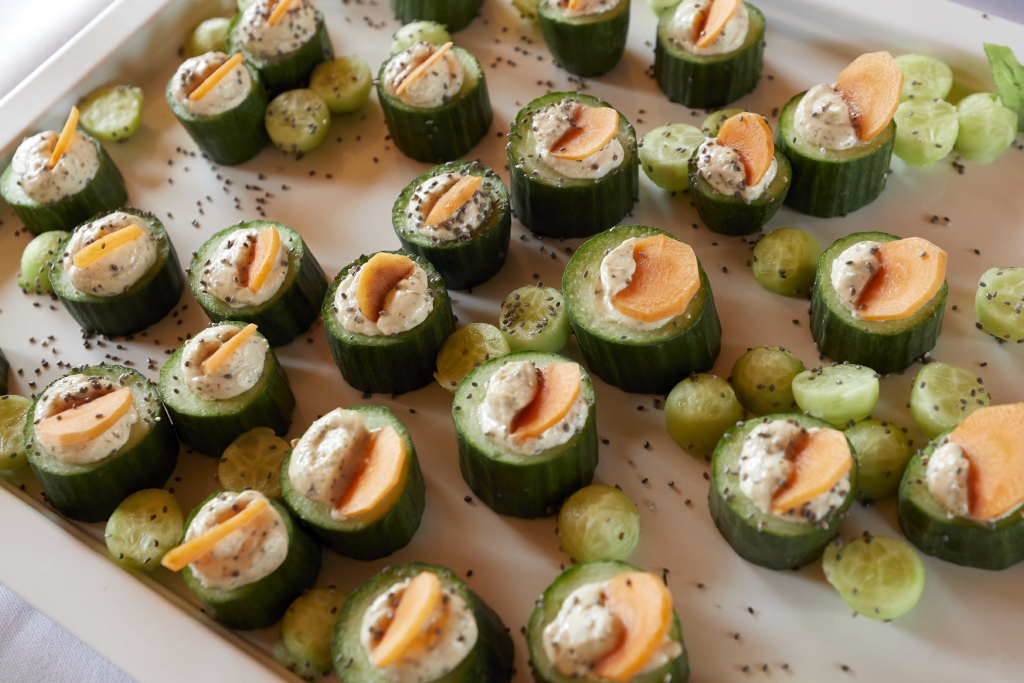Newsletter: In Matematisk Kantine, they believe in the carrot rather than the stick in the green transition
No one will be forced away from the meatball dish, because in Matematisk Kantine, guests should choose the lentils themselves. There are already a number of green initiatives in the cafeteria on Ny Munkegade and more are on the way.

Matematisk Kantine is not just known for its large pieces of cake and cheap coffee. Meatballs, warm liver pate, and other meaty classics have been staples on the guests' plates for many years.
However, in recent years, the buffet has increasingly reflected initiatives aimed at making the cafeteria more climate-friendly and sustainable. According to Cafeteria Manager Mads Ankjær, this is a development that will continue.
"Right now, for example, we're trying to change our setup around the hot dishes a bit. Where before you would buy a meat dish, like meatballs in curry, we will in the future serve three to four vegetarian dishes, which guests can then choose to add meat to – or not. We are constantly working to inspire adding more greens to the plate. We won't be introducing taxes and bans. We want to make it attractive to choose green," explains Mads Ankjær.
The climate-friendly initiatives that Matematisk Kantine is already working with cover a range of areas including reducing meat consumption, using Danish produce instead of foreign, minimizing food waste, and utilizing behavioral design.
"The university has guidelines regarding things like meat and organic products. Of course, we work within those. But beyond that, considerations around climate and sustainability naturally play a role here with us, just as they do everywhere else in society. I think that as a cafeteria, we're moving in the right direction with these initiatives," he says.

Guests shouldn't fetch meatballs from Føtex
When Matematisk Kantine works to promote climate-friendly and sustainable initiatives, there is one thing that comes before everything else – common sense.
Mads Ankjær explains that the daily routine in the kitchen isn't dominated by a major focus on the food being specifically organic or green, but rather by common-sense thoughts, such as using Danish produce even if it's at the end of the season, or not throwing away the three trays of lasagna that were left over from lunch, but instead selling the remainder as an inexpensive meal the next day.
"I think it's more sustainable than, for example, talking about bronze labels in organic certification and the like. My experience is that many places are fiddling with the numbers so they can meet the targets that trigger the labels. It stops making sense. Then it's about getting a diploma and not about making the world better and the planet healthier. And that's what I think should be the focus," says Mads Ankjær.
It's also common sense, spiced with respect for the cafeteria's long history, that leads the cafeteria manager not to predict empty meatball dishes in the near future.
"If it's going to be sustainable, our guests have to be on board with it. Otherwise, they'll just go to Føtex and buy meatballs instead. The history and traditions are important to us. So we still need to have the classic meatball, but we think it would be fun to place one next to it that's made with 50% lentils. If the lentil meatball can't outcompete the classic, then it's because it's not good enough yet. Then we need to keep working on it until people want to choose it," says Mads Ankjær.